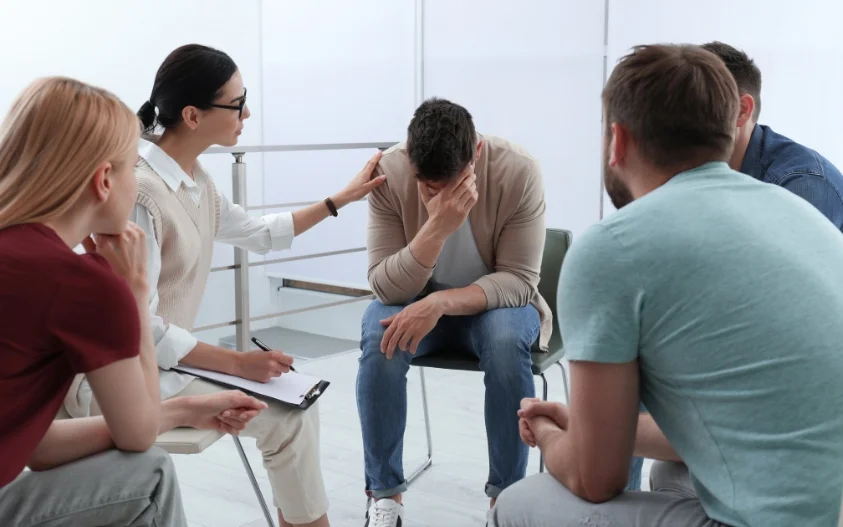24/7 Helpline:
(866) 899-221924/7 Helpline:
(866) 899-2219
Learn more about Medication-assisted Treatment centers in Union Springs
Medication-assisted Treatment in Other Cities

Other Insurance Options

UnitedHealth Group

Holman Group

Evernorth

Lucent

Meritain

Cigna

Ceridian

MHNNet Behavioral Health
Beacon

CareFirst

Coventry Health Care

Providence

Ambetter

Medical Mutual of Ohio

ComPsych

Access to Recovery (ATR) Voucher

Oxford

Covered California

State Farm

BHS | Behavioral Health Systems

East Central Mental Health
East Central Mental Health offers programming for individuals living with disabilities in Union Spri...







Chateau Recovery
Chateau Recovery provides a safe, peaceful, and comfortable environment to practice new lifestyle ch...

Acqua Recovery
Acqua Recovery provides evidence-based residential rehab center offering an intimate sanctuary for a...












































